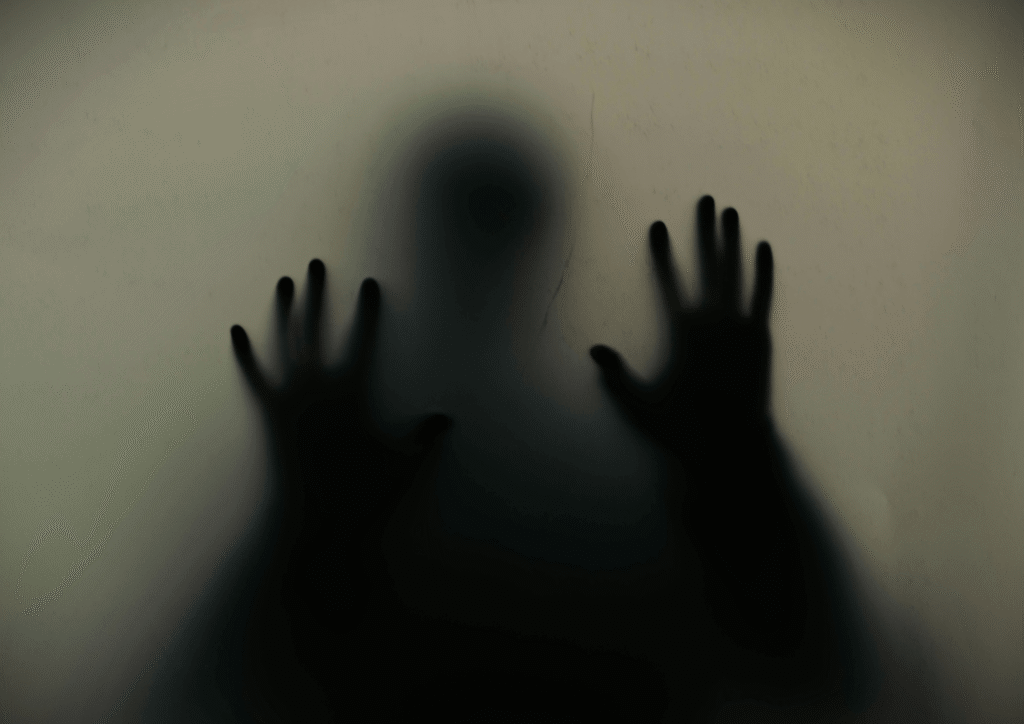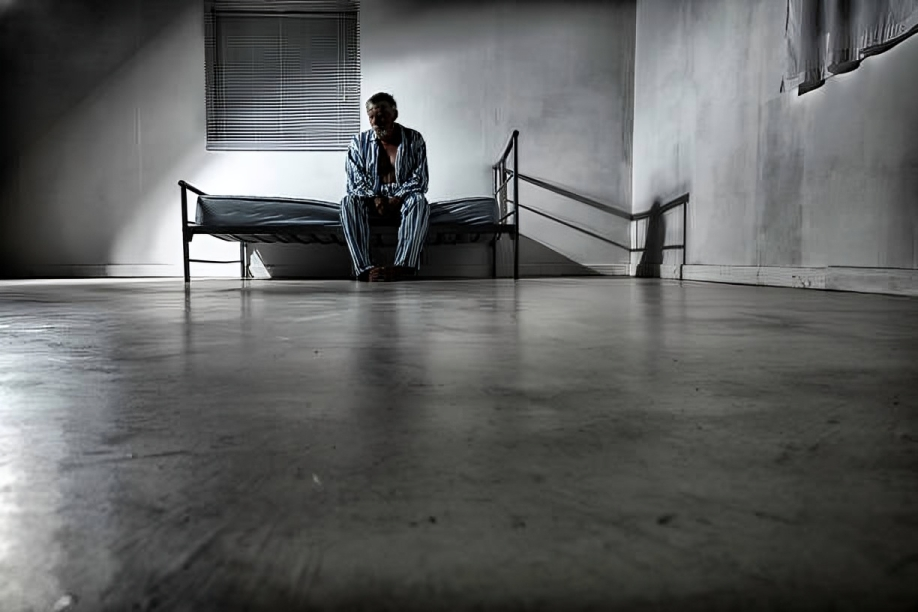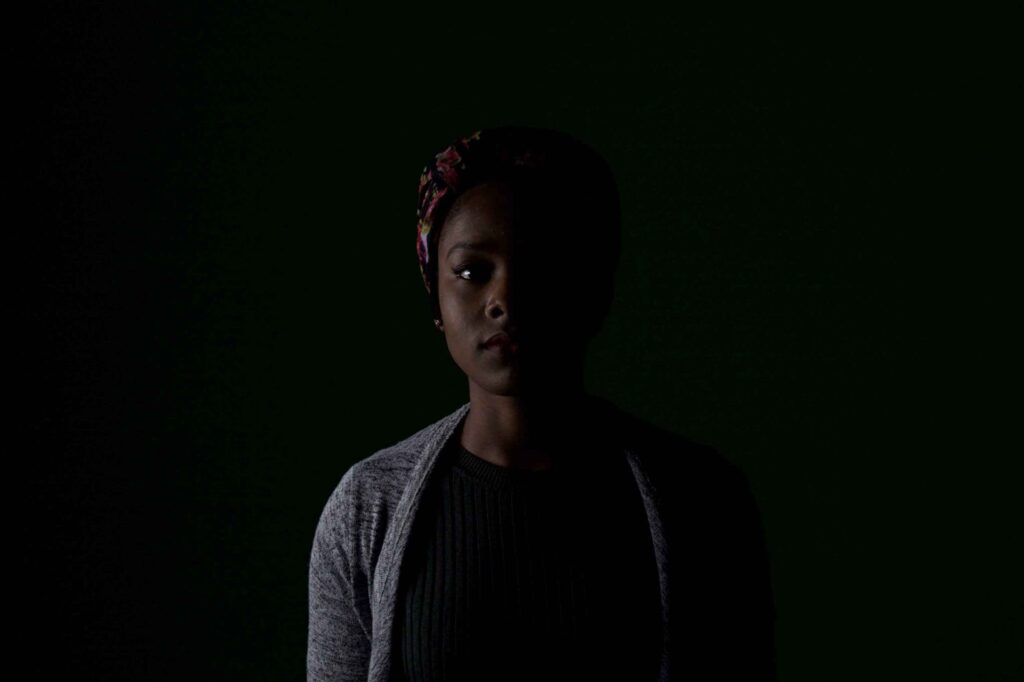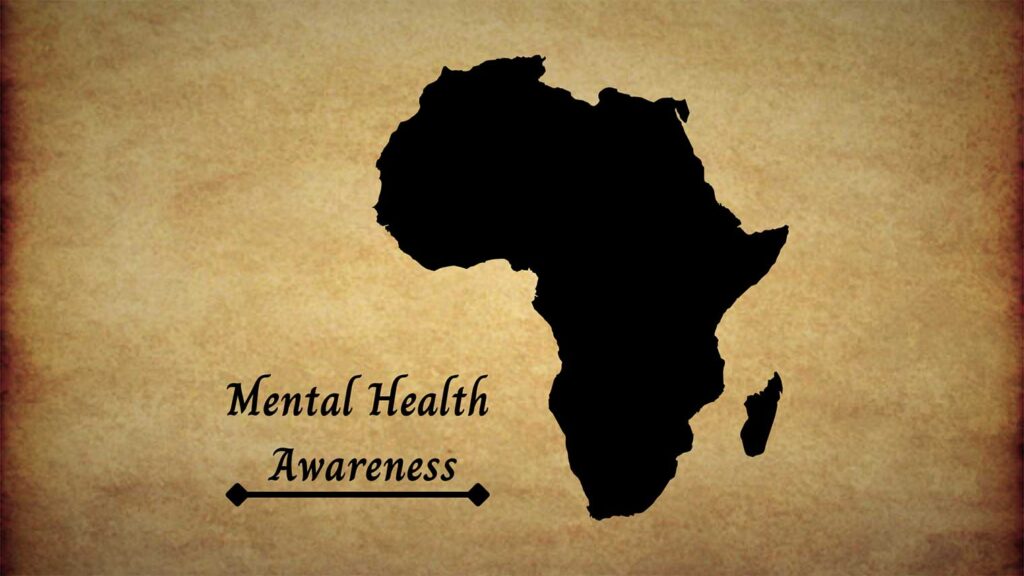By Annabel Adokwu
Nigeria is home to over 230 million people, yet fewer than 650 mental health professionals are available to serve them. Between severe shortages, cultural stigma, and overworked doctors, misdiagnosis of mental illness has become a silent epidemic.
Many Nigerians live with depression, anxiety, or other mental health conditions but are wrongly diagnosed, or not diagnosed at all.
In this post, we’ll explore why misdiagnosis is so common in Nigeria, from cultural beliefs to systemic healthcare failures, and why urgent change is needed.
What Does Misdiagnosis Mean?
A misdiagnosis occurs when a patient is given the wrong diagnosis for their condition. Imagine going to the hospital with a high temperature, body aches, and a sore throat, only to be prescribed medication for period cramps, that would send anyone into a spiral.
Sadly, this is the reality for many Nigerians who seek relief from mental health struggles.
Research from a general hospital in Maiduguri revealed that about 31% of in-patients had psychiatric disorders (mostly depression and anxiety), yet 98% of these cases went unrecognised by attending physicians. This statistic paints a grim picture: thousands of Nigerians are misdiagnosed or completely overlooked when they need help most.
The Numbers Don’t Add Up: Too Few Professionals
Nigeria is Africa’s most populous nation, with over 230 million people, about one in every six Africans. Studies suggest that 20–30% of Nigerians (roughly 50 million people) experience mental illness at some point in their lives.
Yet, the mental health workforce is shockingly small:
- Only 250 psychiatrists
- Only 319 clinical psychologists
That means:
- Each psychiatrist serves nearly 920,000 Nigerians
- Each clinical psychologist serves about 721,000 Nigerians
For comparison, the World Psychiatric Association recommends at least 1 psychiatrist per 10,000 people. Nigeria has about 0.11 per 100,000. If you gathered one million Nigerians, chances are you’d only find one psychiatrist and one psychologist available to treat them. This shortage directly fuels widespread misdiagnosis.
Culture, Stigma, and Witchcraft Labels
Nigeria’s cultural beliefs often blur the line between mental illness and spirituality. Depression may be dismissed as laziness or a lack of faith, while dementia in older women is frequently misinterpreted as witchcraft. Families often turn to pastors, imams, or traditional healers before seeking medical help.
In fact, studies show that nearly 80% of Nigerians first seek mental health care from non-orthodox sources. This trend delays proper diagnosis and treatment for years, trapping many people in cycles of stigma, silence, and suffering.

unheard due to stigma, cultural misconceptions, and healthcare gaps.
When Attitudes Push Patients Away
Even when Nigerians visit hospitals, they often encounter unhelpful or dismissive attitudes from healthcare workers. A 2015 study highlighted widespread issues such as rudeness, negligence, and impatience among staff. Pregnant women sometimes avoid hospitals altogether out of fear of humiliation.
Similarly, people with mental illness may bypass hospitals in favour of prayer camps or traditional healers.
It’s important to note that these negative attitudes often come from overworked and underpaid healthcare professionals who are stretched far beyond capacity. Still, the result is the same: patients avoid hospitals, and misdiagnosis continues unchecked.
Underfunded and Overlooked
Nigeria’s healthcare system is chronically underfunded. Despite the Abuja Declaration, which promised 15% of the national budget to health, Nigeria still falls short. Mental health receives less than 4% of the health budget, with most of it going to a few psychiatric hospitals in big cities.
There is little left for:
- Training general doctors to recognise psychiatric conditions
- Setting up community-based mental health care
- Integrating mental health screening into primary care
Meanwhile, countries like Kenya and South Africa are embedding mental health services into primary healthcare and rolling out anti-stigma campaigns. Nigeria, by contrast, is still struggling with the basics.
From the Lunacy Act to the National Mental Health Act
For decades, Nigeria’s mental health system was governed by the outdated Lunacy Act of 1958, a colonial-era law that stripped dignity from those with mental illness. On January 5, 2023, it was finally repealed and replaced by the National Mental Health Act 2021.
This law is a step forward, it recognises the rights of people with mental health conditions. But laws alone won’t close the gap. Without investment in infrastructure, workforce training, and cultural change, misdiagnosis will remain the norm.
Conclusion
The misdiagnosis of mental illness in Nigeria is not the fault of one single factor. It is the result of a perfect storm:
- A crippling shortage of mental health professionals
- Harmful cultural beliefs and stigma
- Overworked, underfunded healthcare workers
- Decades of weak policies and low investment
The good news is that change is possible. By prioritising mental health in the national budget, training more professionals, and breaking stigma at the community level, Nigeria can begin to close the gap. Mental health deserves the same urgency and seriousness as physical health.
Until then, millions will remain unseen, unheard, and misdiagnosed.
RECOMMENDATION
If you need help or know someone with their mental health or mental illness, check out the resource page for mental health resources.



